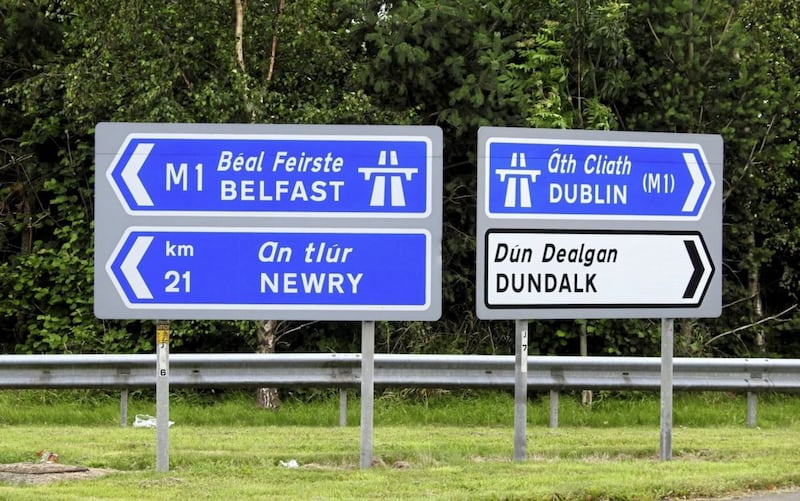More than 80% of asylum seekers to the Republic are coming from Northern Ireland, an Irish government minister has confirmed.
Helen McEntee also said she believes the increase in numbers crossing from the north over recent months is linked to the consequences of seeking an open border after Brexit.
Speaking during an Oireachtas justice committee meeting on Tuesday, Ms McEntee said “I’d say it’s higher than 80%” adding that the figure is “a significant proportion” of all asylum seekers entering the Republic.

“But this is the challenge that we have, that we have advocated for no border on this island,” she said.
The minister for justice and equality also told the committee that her department liaises with the UK authorities, An Garda Síochána and the PSNI about the issue.
When asked by Fianna Fáil senator Robbie Gallagher about “what does the UK authorities say to us”, Ms McEntee said: “We engage with the UK authorities on a regular basis.
“We have a common travel area committee which meets on a quarterly basis but we also have continuous engagement between our relevant departments,” she said.
She said the PSNI regularly works with gardaí.
“But this is the challenge that we have,” she said.
“We have advocated for no border on this island and I don’t think anyone would say that we shouldn’t have that situation, but it is a challenge.”
The committee also heard that more than 5,000 people have applied for asylum in the Republic so far this year and over half of those are secondary movements.
But Ms McEntee said “it’s a system that’s not working for anybody”.
“As a country that has significant secondary movement, we are impacted more, perhaps,” she added.








